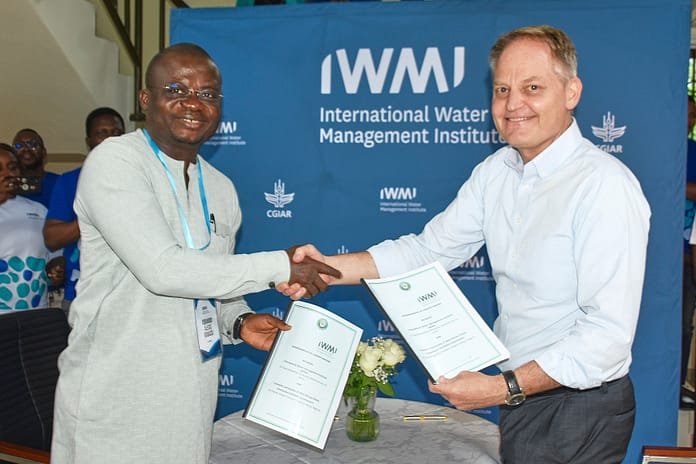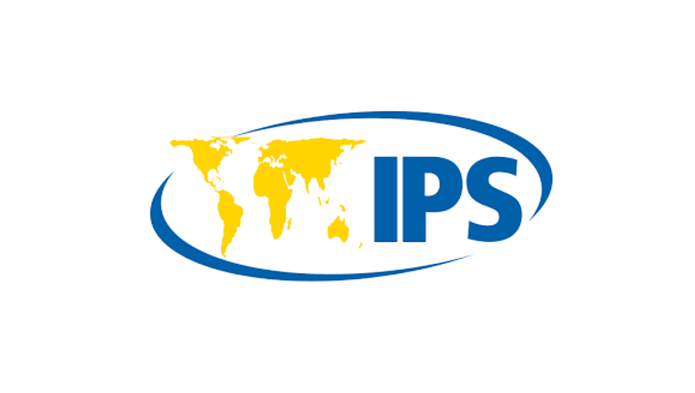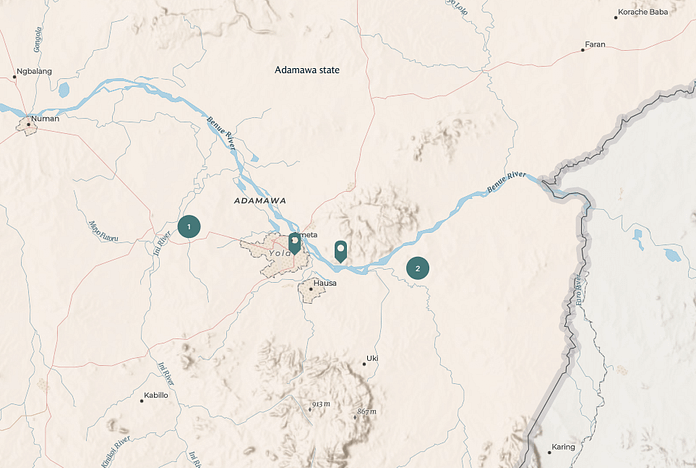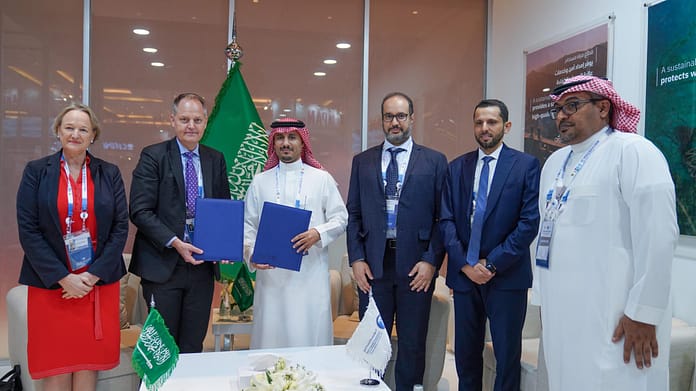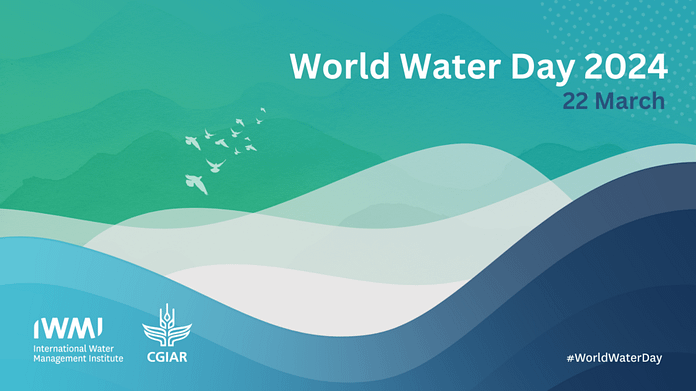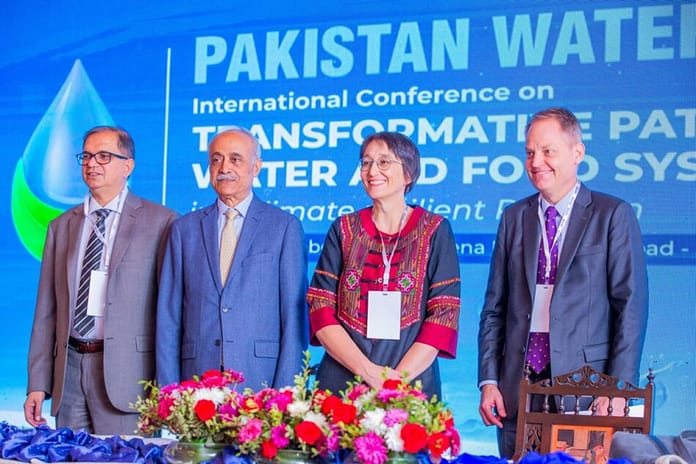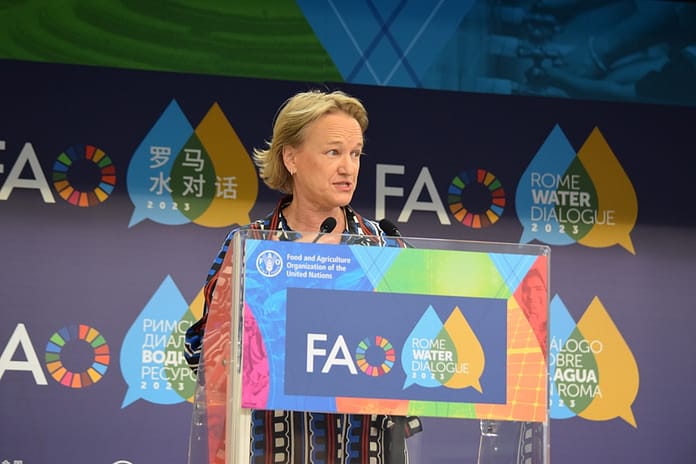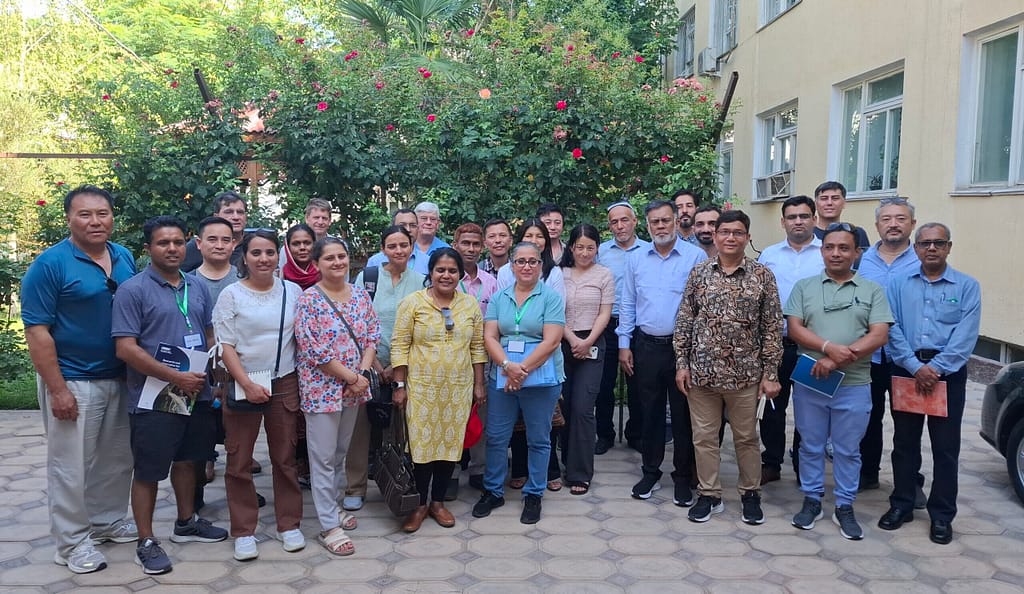
The high population density of the Fergana Valley in Uzbekistan makes it vulnerable to the depletion of natural resources, particularly water. As such, cooperation is vital to enhance transboundary river management to ensure water, food and energy security.
The International Water Management Institute (IWMI), in collaboration with the Global Water Partnership (GWP), organized a study tour to Uzbekistan for 20 water professionals from Bangladesh, Bhutan, Nepal, and Pakistan. The primary objective of this initiative was to facilitate knowledge exchange and gain insights into water cooperation.
Over the course of two days, participants visited various water management institutions in the Fergana Valley. A workshop marked a significant highlight of the tour, bringing together experts from Kyrgyzstan, Tajikistan, and Uzbekistan to discuss the challenges and opportunities involved in water management across transboundary basins. Progress in water cooperation, ecological technologies, and gender-sensitive approaches were key topics.
Overall, the tour highlighted that, despite a reality in which cooperation is imperfect, in the Fergana Valley all the countries benefit from formal and informal cross-country discussion and dialogue on water. Such insight provides a valuable lesson in the context of South Asia, where tensions over water persist.
The study tour has laid the groundwork for future dialogues and ongoing learning initiatives in this critical field.


